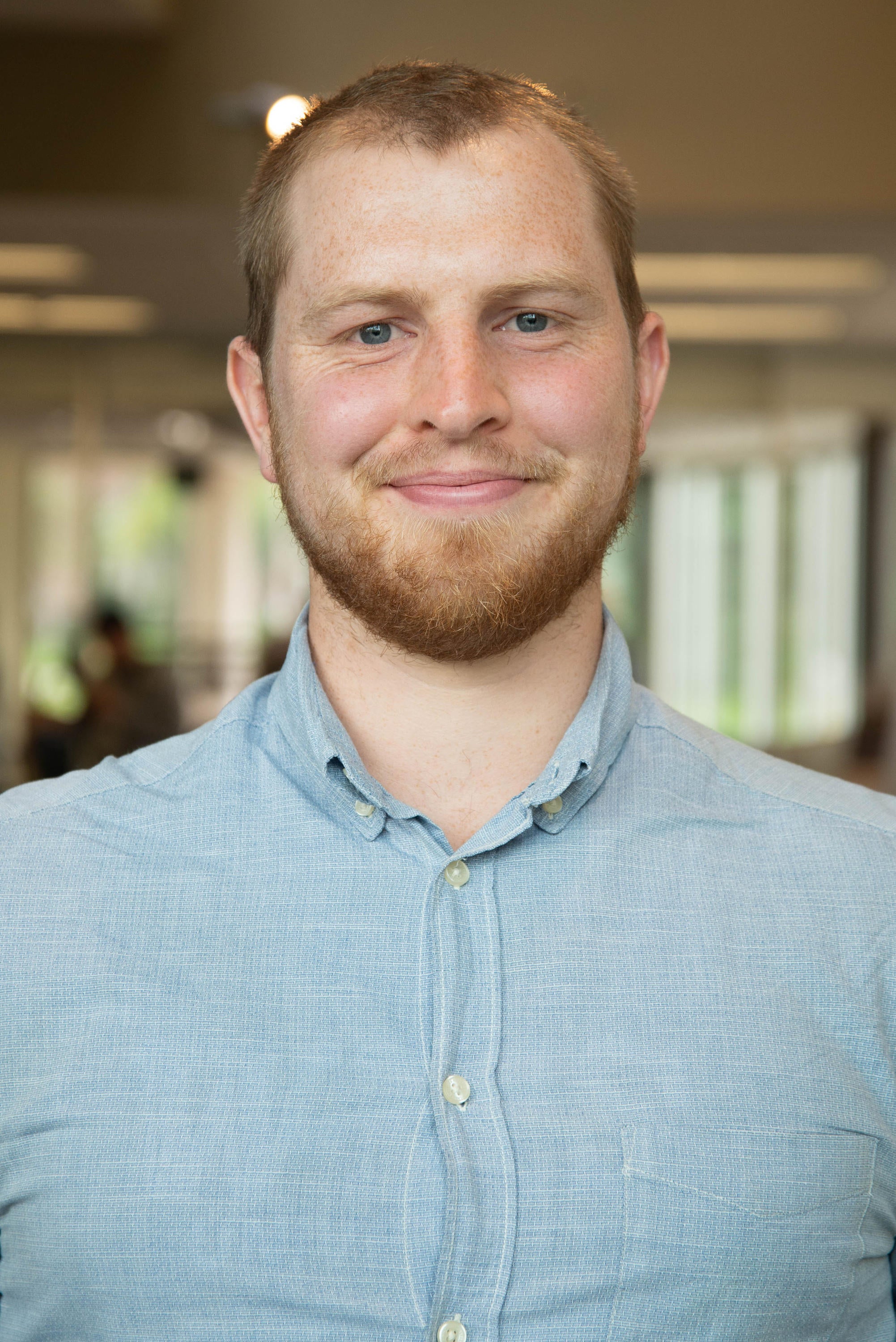
Thomas received his Bachelor of Arts with a double major in International Relations and Development Sociology from the University of Witwatersrand in Johannesburg, South Africa.
Before embarking on his academic career, Thomas trained as a novice monk in the African Buddhist Seminary, studying and practicing for a year at Nan Hua Temple in Bronkhorstspruit, South Africa. Here he was fortunate enough to explore social, political and existential questions in a uniquely contemplative environment. Guided by the principles of compassion and interdependence, it was this experience that solidified his resolve to pursue a career in the social sciences.
During his time at the University of Witwatersrand, Thomas found himself at the epicentre of the FeesMustFall movement, which involved a rolling wave of national student uprisings across the public university system. Initially nonviolent, the movement soon escalated into a complex series of standoffs involving considerable violence and brutality. In his joint capacity as a student activist and national coordinator for the South African University Staff Network for Transformation (SAUSNeT), Thomas was able to gain direct insight into the lived reality of conflict, realizing first hand the impossibility of peace in the absence of justice.
During this time, Thomas also became an activist in the South African Food Sovereignty Campaign (SAFSC) under the guidance of an academic and political mentor. SAFSC, a national grassroots alliance dedicated to food sovereignty and climate justice, has been at the forefront of nationwide efforts to achieve a just transition in South Africa, creating strategic links in civil society while working toward a just and sustainable future. Emphasizing democracy from below, this also inspired Thomas to cofound the Wits Inala Forum for Food Sovereignty and Climate Justice, where he served as an executive member from 2015-2018 and was able to help lay the groundwork for the Wits Food Sovereignty Centre.
Through his immersion in scholar-activism, Thomas has learned to
Remain true to yourself and your passion, make time and space in your life to tap into your intuition and learn to trust yourself. There will come times in your life when you will be confronted with situations that have no clear answers, and it is in these situations that you will need to be able to trust yourself and feel your way through.
While finalizing his undergraduate degree, Thomas worked as an intern at CIVICUS: World Alliance for Citizen Participation, an international non-profit dedicated to the monitoring and support of global civil society. In his capacity as a network administrator, Thomas helped manage a global network database and assist various teams while co-organizing a global youth day symposium. It was also here that Thomas first learned about the MPACS program at Grebel.
When asked what advice he might have for PACS and/or MPACS students, Thomas replied,
I am still on the path of discovery myself… but I can say that I have learned that sometimes the point isn’t to know exactly where you are going [after your education], but rather being present to what is unfolding now. By being present, the path will reveal itself and you can jump at the opportunities as they appear. Planning is important, but spontaneity is too.
Thomas is a 2019-2020 recipient of the Rotary Peace Scholarship at the University of Waterloo.
The Rotary Scholarship came as a surprise, but I am immensely grateful, as it has made all the difference. I would not be here if it were not for the Rotary Scholarship.
During his first term in the MPACS program, Thomas worked closely with local climate activists in the leadup to the Global Climate Strike and began volunteering at The Working Centre. More recently, Thomas also completed Transformative Mediation training at Community Justice Initiatives, where he will be stationed as a summer intern in the Conflict Resolution and Mediation program. Moving forward, Thomas seeks to focus intensively on his studies while remaining as socially engaged as possible.